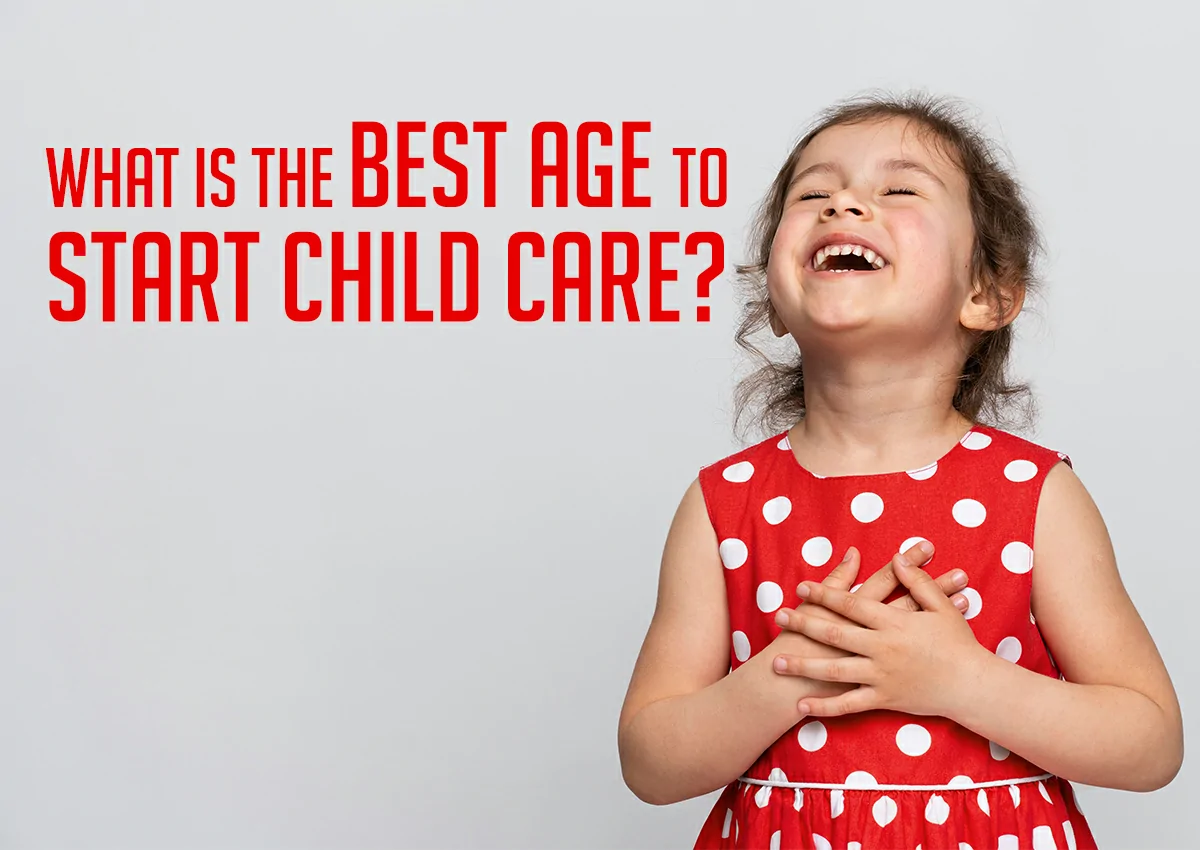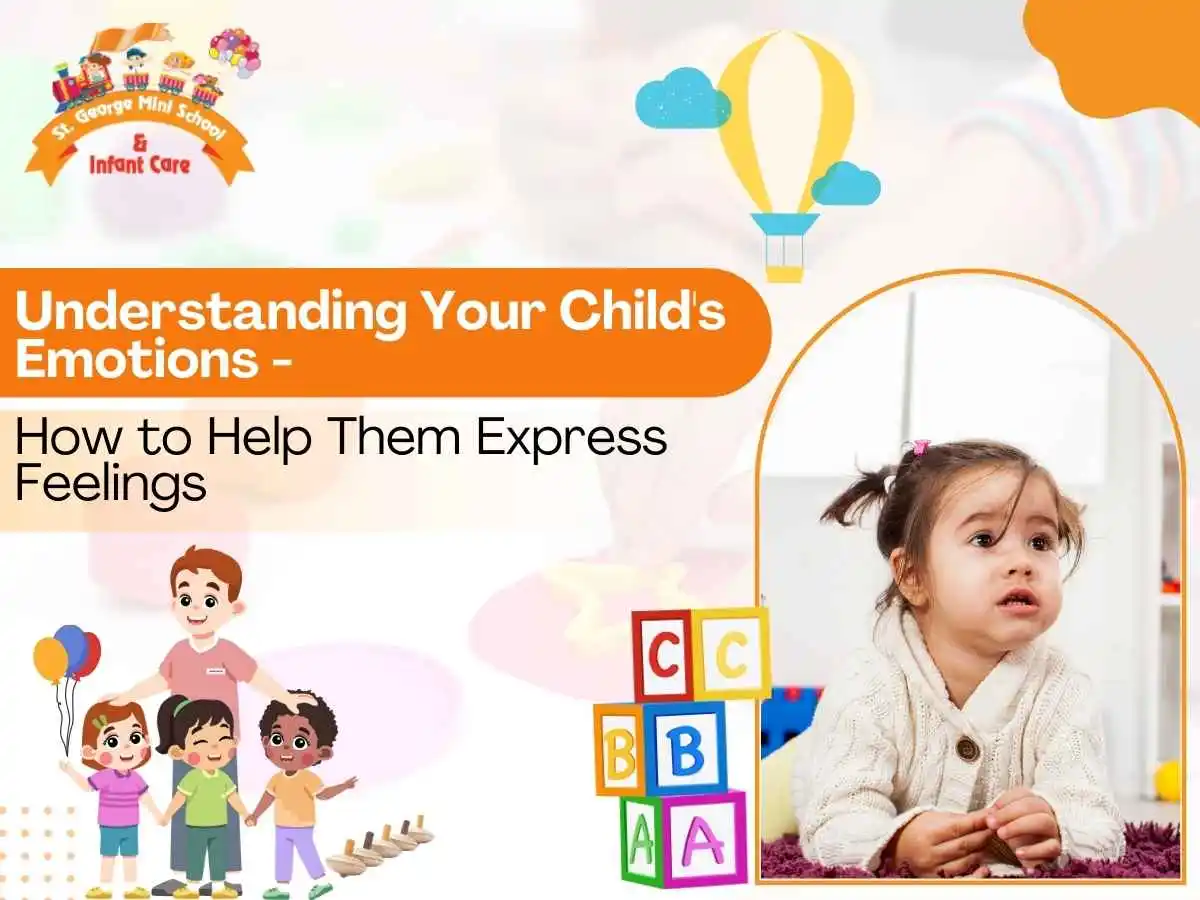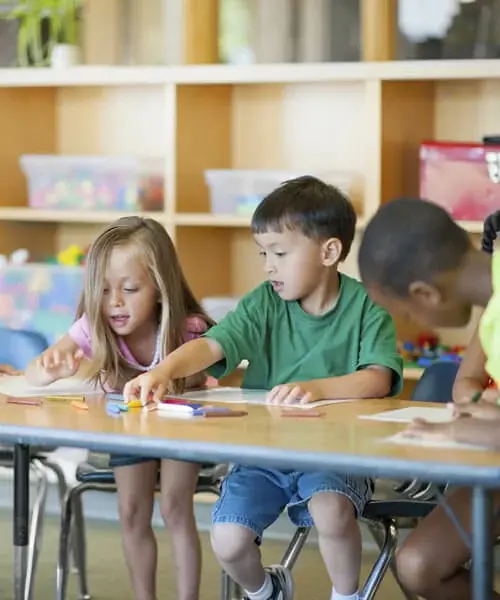33 Mallard Rd: (647) 478-6114
141 Bond Ave: (647) 478-6043
25 Mallard Rd: (647) 812-7795
33 Mallard Rd: (647) 478-6114
141 Bond Ave: (647) 478-6043
25 Mallard Rd: (647) 812-7795
2024-05-22
The early years are a time of incredible growth for a child. As they explore the world around them, they experience different emotions – joy, frustration, sadness, and everything in between. As parents, by fostering healthy emotional expression, you can equip your child with valuable tools for life. A professional and caring team at good daycare understands that navigating this emotional landscape can be challenging for children and parents, so they support the kids based on their emotional needs.
Importance of Emotional Intelligence in Early Development
Emotional intelligence (EQ) allows children to understand and manage their emotions and recognize and respond to others. Strong EQ in early childhood leads to better social skills, stronger relationships, and better academic success. Day care centers with skilled professionals prioritize emotional development alongside cognitive and physical growth. However, you can also play a vital role in fostering this holistic development at home -
Create a Safe Space for Expression
Children often lack the vocabulary to express their feelings, leading to tantrums, tears, or physical outbursts. Creating a safe space where they feel comfortable expressing themselves freely can be helpful.
· Understand Body Language - Pay close attention to your child's non-verbal cues and body language; understanding these signs helps you decipher their emotional state.
· Active Listening - When your child expresses an emotion, attentively listen and put everything else on hold; this validates their feelings and shows you're truly present.
· Label Emotions - Help your child put a name to their feelings, be it joy, anger, or frustration; this will bridge the gap between their inner world and verbal expression.
Fun Activities for Self-Expression
Some children may like a positive outlet via different activities to express their emotions; indulge them in creative or fun activities and encourage them to partake in -
· Painting
· Games
· Singing
· Reading
· Walking in nature
Be Their Role Model
Children are constantly observing and mimicking the adults around them; this means you play a crucial role in shaping their emotional intelligence; be mindful of how you express your emotions. Be open about your feelings, and model healthy coping mechanisms like taking deep breaths or expressing frustration verbally.
Partnering for Success: How St. George Mini School Supports Emotional Development
St. George Mini School & Infant Care in North York has designed daycare programs that go beyond academics. The teachers know how to identify children's emotional cues and create a nurturing environment where they feel safe to express themselves through -
· Open Communication - We maintain open communication with parents, sharing observations about your child's emotional state and suggesting strategies to support them at home.
· Social-Emotional Learning Activities - Our curriculum incorporates activities that help children identify and manage emotions. We use stories, songs, and group discussions to foster empathy and social skills.
· Positive Reinforcement - We acknowledge and celebrate children's efforts to express their emotions healthily; this positive reinforcement encourages them to continue using these strategies.
By working with parents, the St. George team creates a nurturing environment that fosters healthy emotional development in your child at Daycare in North York.
Visit our website to learn more about the holistic and nurturing care provided at St. George and give your child a great beginning for a successful life.
Featured Blogs
 28/03/22
28/03/22
Which Is The Best Age To Start Chil...
Daycare North York Infant Daycare North York Day Care Center North York Subsidized Daycare North York Daycare Toddlers North York Preschool Programs North York Child Care North York Before and After School Care North York Day Care North York Preschool North York Subsidized Child Care North York Day Care Schools North York



